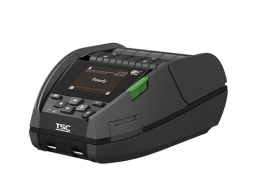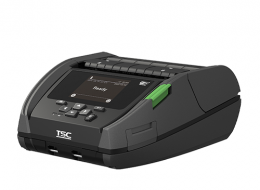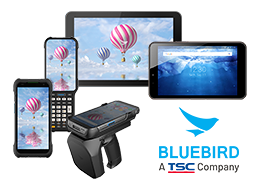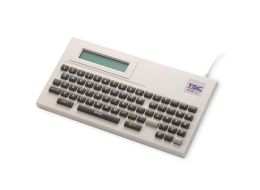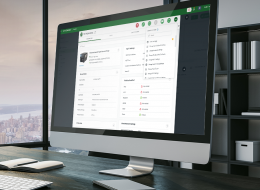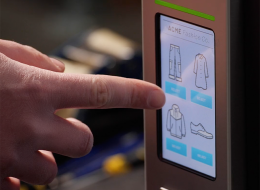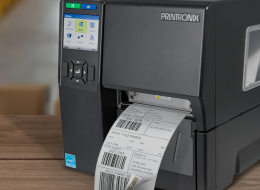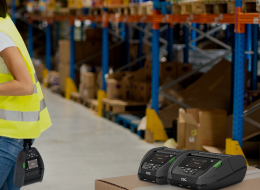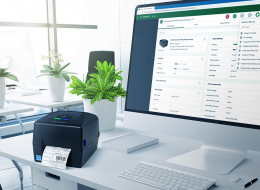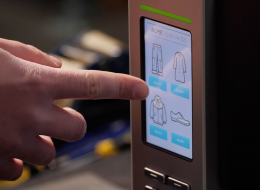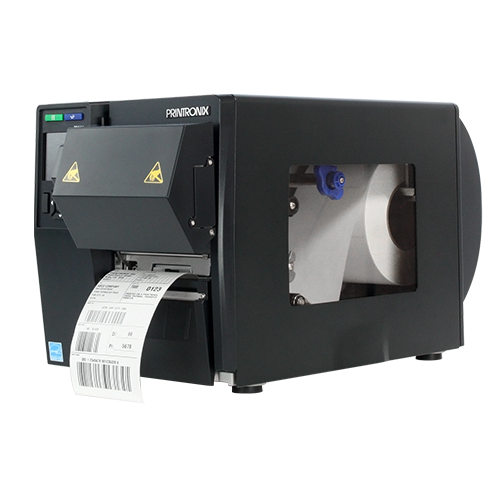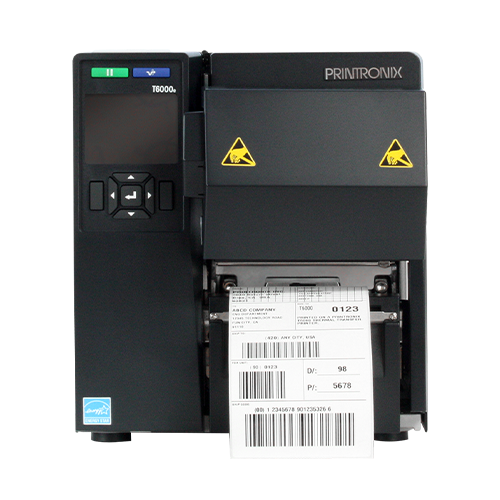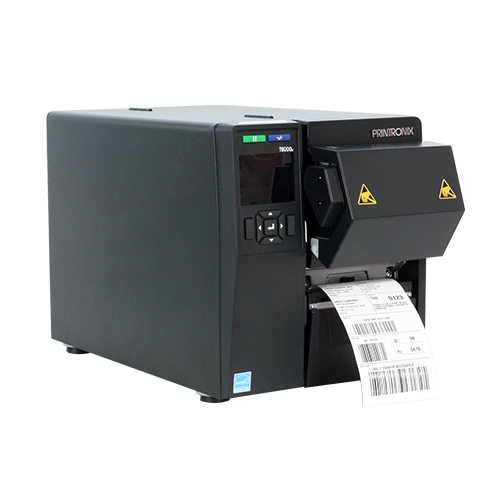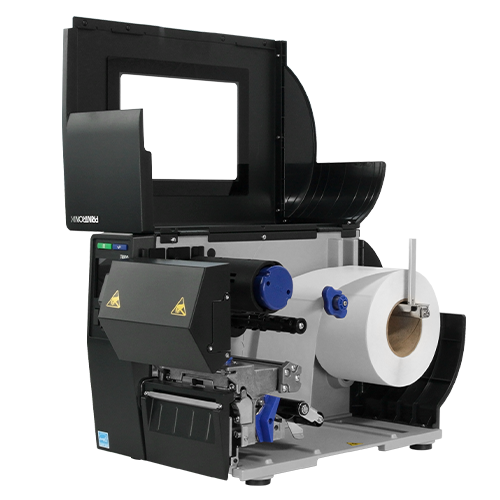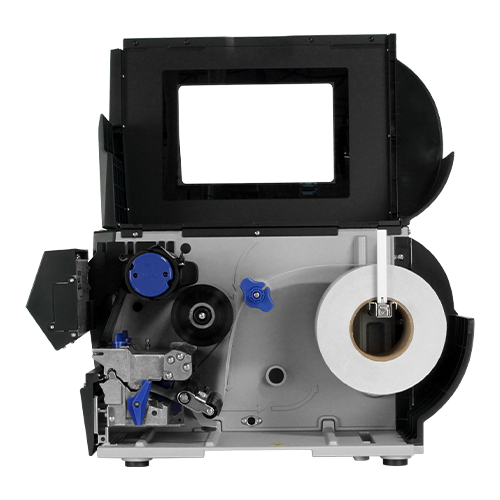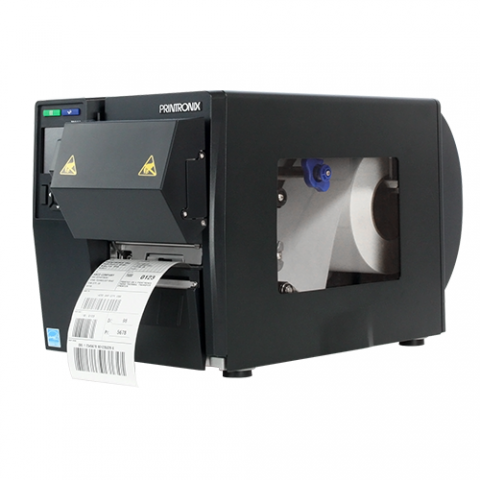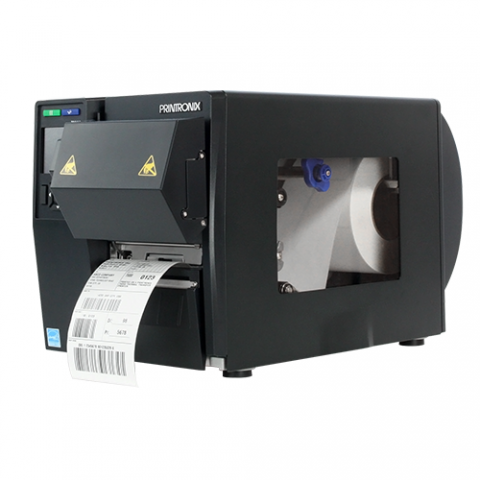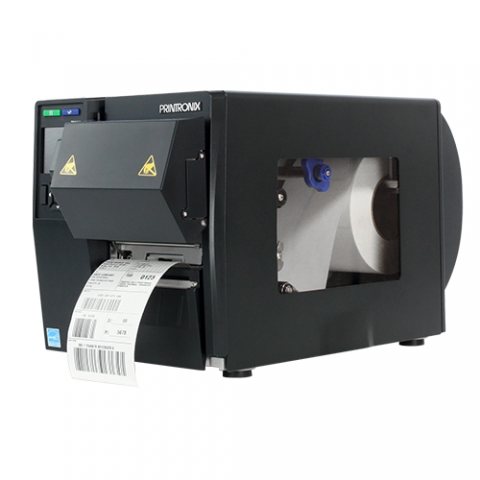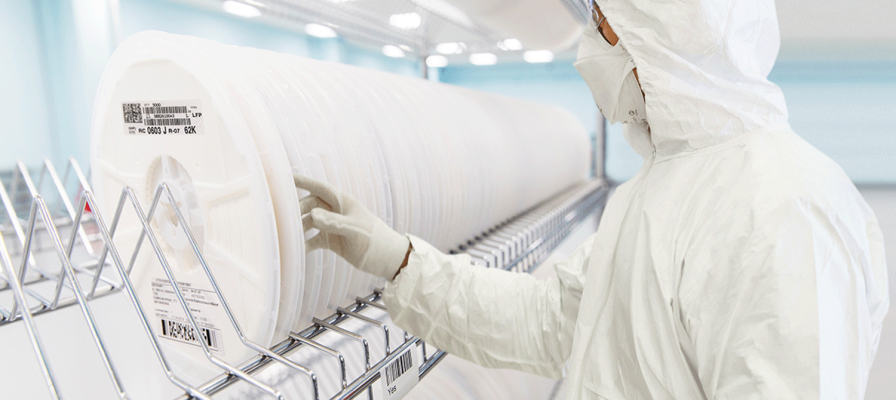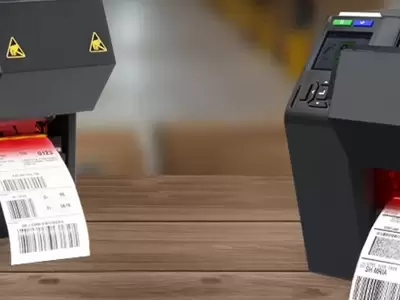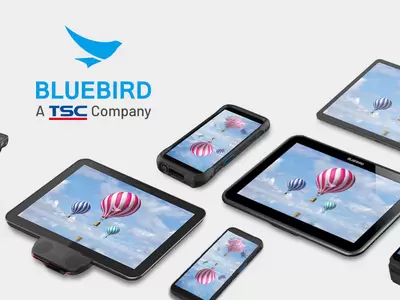T6000e Series 4-Inch Enterprise Industrial ODV-2D Printers
This award-winning printer offers top-of-the-line ODV-2D barcode verification technology on it's 4-inch wide model to overstrike and correctly reprint 1D and 2D barcodes that were not printed clearly across multiple resolutions.
Industries and Applications
The ODV-2D technology offered on the T6000e 4-inch Enterprise Industrial ODV-2D Printers is one of the industry’s first affordable, fully integrated solution with the ability to print, verify, and validate 1D and 2D barcodes. Customers can utilize this technology to eliminate expensive compliance fees and returned shipments due to unreadable barcodes.
The Printronix Auto ID ODV-2D barcode verification technology easily installs on the award-winning T6000e 4-Inch Enterprise Industrial ODV-2D Printers.
It is the first system that grades barcodes to ISO 15415,15416 and 15426 standards and stores a detailed report of each transaction. Our exclusive technology reads each barcode, identifies a rejected barcode, and reprints a replacement label without operator intervention. The ODV-2D pays for itself by eliminating costly charge backs and fines for non-conforming labels, and advanced features allow it to integrate easily and quickly into existing applications.
- 203 dpi (8 dots/mm)300 dpi (12 dots/mm)600 dpi (24 dots/mm)
- Direct thermal/Thermal transferDirect thermal/Thermal transferDirect thermal/Thermal transfer
- Color LCD with buttonsColor LCD with buttonsColor LCD with buttons
- Ethernet
GPIO
Parallel port
Serial RS-232
USBEthernet
GPIO
Parallel port
Serial RS-232
USBEthernet
GPIO
Parallel port
Serial RS-232
USB - Wi-FiWi-FiWi-Fi
- PrintNet Enterprise
SOTI Connect (license required)PrintNet Enterprise
SOTI Connect (license required)PrintNet Enterprise
SOTI Connect (license required) - VerifierVerifierVerifier
- Up to 8 ips (203 mm/s) @ 203 dpiUp to 8 ips (203 mm/s) @ 300 dpiUp to 6 ips (152 mm/s) @ 600 dpi
- 4.1" (104mm)4.1" (104mm)4.1" (104mm)
- 512 MB512 MB512 MB
- 128 MB128 MB128 MB
- 4.5" (114.3 mm)4.5" (114.3 mm)4.5" (114.3 mm)
- Gap; Mark; Advanced Gap, Advanced notchGap; Mark; Advanced Gap; Advanced notchGap; Mark; Advanced Gap; Advanced notch
- 450 Meters450 Meters450 Meters
- 4.5" (114.3 mm)4.5" (114.3 mm)4.5" (114.3 mm)
- 1.5" to 3" (37.5 - 76 mm)1.5" to 3" (37.5 - 76 mm)1.5" to 3" (37.5 - 76 mm)
- 0.25”/1.0” (continuous/tear-off)
0.5” (Peel-Off)0.25”/1.0” (continuous/tear-off), 0.5” (Peel-Off)0.25”/1.0” (continuous/tear-off), 0.5” (Peel-Off) - Die-cast aluminum frame and print mechanism; steel cover; large clear media view windowDie-cast aluminum frame and print mechanism; steel cover; large clear media view windowDie-cast aluminum frame and print mechanism; steel cover; large clear media view window
- Most Major Printer LanguagesMost Major Printer LanguagesMost Major Printer Languages
{[{ key }]}
Yes. You can establish rules using TSC Console Web so that your printer will execute what you have set up every time a condition is met. Conditions for a rule can be time-based or event-driven.
You can set your printer to take an activity daily, weekly, monthly, or at a particular date/time.
Yes, TSC Console Web enables users to update printer firmware remotely.
Yes, TSC Console Web allows users to set up a reminder for printhead maintenance and the printhead mileage can be displayed on the dashboard.
Yes, the ODV-2D is available as a field kit and can be added to any 4-inch T8000 and T6000e printer. Only ODV-2D Certified Partners can purchase and install an ODV-2D field kit.
Yes, the ODV-2D can handle both 1D and 2D barcodes in any orientation, including picket fence and ladder barcodes. Some 2D barcodes may not be available at launch.
No. TSC Console Web must be used through either a wireless or wired network. That is to say your printer must support either Wi-Fi or Ethernet interface if you want to manage the printer using TSC Console Web.
There are no printer model number changes. You can identify the new model by the serial number which includes a V3 in the sequence (T6EV3##32#####). These units phased into production in March 2022.
No, the printhead replacement is a simple process that requires no tools.
Both ports do not interfere with each other. They can work simultaneously.
No, the throughput speeds of the ODV-2D are highly dependent upon the setup and validation procedure options that are selected by the operator. In addition, label formats that have numerous barcodes with large data validation requirements will impact throughput speeds. However, the simplicity of setup, and operation of the ODV-2D provides significant advantages in the majority of applications. As a result, throughput speeds have not been an issue with initial installations. The Printronix Auto ID VAR partner is capable of evaluating your application to ensure that throughput speeds are optimized to meet your requirements.
The ODV-2D both verifies and validates barcodes as they are printed. The data printed on the label is validated to match the data sent from the host. The barcode is verified to comply with ISO standards.
We recently completed a test comparing the T6000e encoding speeds against our main competitor models. The T6000e performance exceeded the competition by 1.5 to 3.0 times. As such, the T6000e RFID printer provides a compelling performance advantage over competitor models.
The T6000e RFID printer has an RFID label calibration feature in the RFID menu which makes it very easy to setup the printer for both standard RFID and on-metal RFID labels. The calibration process feeds 3-4 labels to determine the optimal encoding position and RF power levels.
For Thermal Transfer applications: printheads are warranted 12 months from shipment or 1 million linear inches (whichever comes first). For Direct Thermal applications: printheads are warranted 180 days from shipment or 1 million linear inches (whichever comes first).
Users are allowed to save up to 5 sets of different configuration for quick deployment.
We are not offering an upgrade kit.
To more closely monitor the installation of ODV-2D technology, units will only be available through our Value Added Resellers who have been ODV-2D Certified.
Yes. ODV-2D is fully integrated into the same footprint as the printer and is tied to the printer controller so data from the application can be passed to ODV-2D, the printer can overstrike and reprint a failed label without operator intervention, and the data from ODV-2D can be integrated into Print Network Enterprises reporting and monitoring capabilities.
Yes, the many advantages of 802.11ac functionality are available in the T8000 and T6000 models of printers. Typical W-Fi speeds are expected to improve 3x to 5x over older W-Fi versions.
Yes, both models have been updated with these changes.
The compatible architecture for TSC Console Web is x86_64 only and the Linux OS distribution is Ubuntu 22.04 or above.
On-metal tags (sometimes called metal-mount or anti-metal tags) are RFID tags that are designed to operate on devices made of metal. The physical properties of metal serve to reflect RF signals and so a standard RFID label would be completely undetectable by an RFID reader. On-metal tags are typically constructed with a thin foam insulator to provide a space between the metal surface and the RFID inlay. On-metal tags are available in several constructions and the ones used with printers are typically up to 1mm thick due to the foam insulator. They also should include a “bridge” between the individual tags to ensure smooth transport through the print station.
Standard Interfaces:USB, Serial, USB host/device and Ethernet. Optional Interfaces: Wireless 802.11 a/b/g/n/ac, GPIO, and parallel
Currently the supported RFID functions through TSC Console Web are: Calibration, Read, and Write.
The UI for TSC Console Web is available in English, Traditional Chinese, Simplified Chinese, German, Danish, Spanish, Finnish, French, Italian, Japanese, Korean, Dutch, Norwegian, Portuguese, and Swedish.
To allow thicker tags to move through the print station, several design changes were made:
1. An upgrade gap sensor assembly
2. Changes to the media guide configuration
3. The external antenna assembly was modified
The original T6000e supported on-metal tags up to 1.2mm thick while the mainstream on-metal RFID tag market has settled on thicknesses ranging from 1.0mm to 1.5mm. To support the mainstream tag market we have re-designed the printer to support on-metal tags up to 2.2mm.
The management commands are transmitted/received through port 3007.
No, the ODV-2D comes either pre-installed at the factory or included in the printer carton for installation at the site. We still require reseller certification to enhance the ability of the reseller to provide assistance with any calibration or validation questions.

